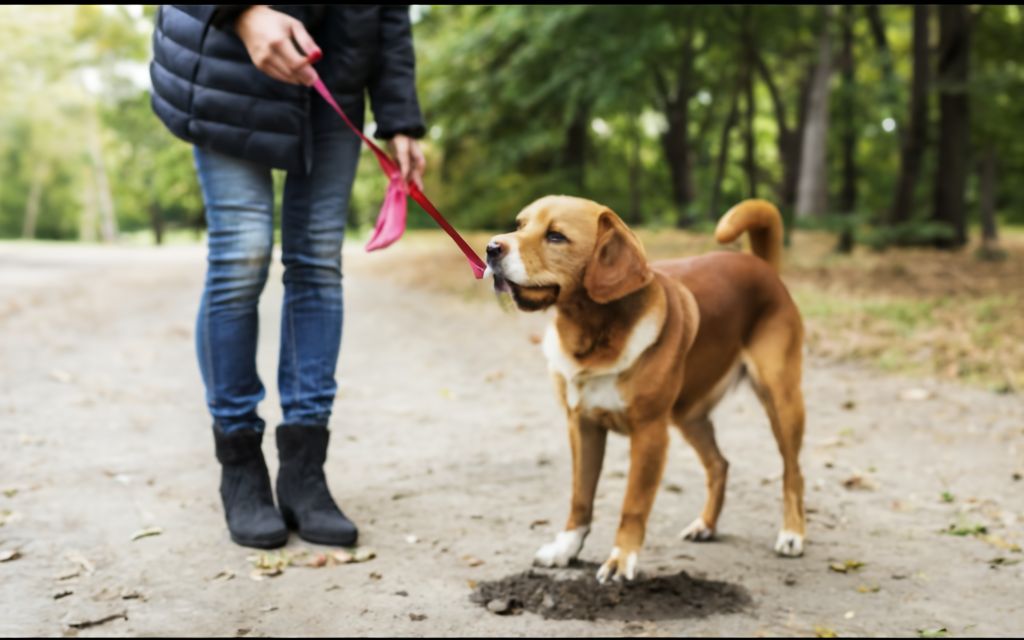While taking a leisurely stroll, stepping into pet waste is not only a moment of disgust but also a potential health hazard. This issue has prompted communities to not only encourage pet owners to clean up after their pets but also to warn about the diseases that pet waste can spread.
This article is a summary. Please read the original article by Julia Wuerz on The Conversation think tank website, here
As a veterinarian specializing in small animals, I confront the dangers of dog and cat feces daily. These dangers are not limited to just the mess they create; they pose zoonotic hazards, capable of transmitting diseases from animals to humans. The situation is alarming, with a 2020 study revealing that 85% of off-leash dog parks in the U.S. had intestinal parasites.
The stakes are particularly high when considering the global impact, where soil-transmitted parasites infect up to a billion people. The signs urging pet owners to clean up are more than just a plea for cleanliness; they’re a call to action to protect public health.
The perils of neglected pet waste extend beyond unsightliness. Common parasites found in dog poop, like hookworms and roundworms, can infect humans through minor skin abrasions or accidental ingestion. These parasites can cause severe health issues, including anemia, malnourishment, and even blindness in extreme cases.
The problem doesn’t stop with humans. Unattended pet waste can also spread life-threatening viruses among pets and local wildlife, posing risks to unvaccinated animals and those without access to healthcare. Diseases like parvovirus, distemper, and coronavirus can devastate populations of dogs, cats, and wild animals alike.
Responsible pet poop management is crucial. It involves promptly and safely disposing of waste, avoiding skin contact, and maintaining hygiene. This not only protects pets and their owners but also minimizes the risk of spreading diseases to other animals and humans. Regular parasite prevention and annual vet checks for pets are essential steps in combating this silent threat.
In summary, the issue of pet waste is not just a minor inconvenience; it’s a significant public health concern. By adopting responsible waste management practices, pet owners can play a pivotal role in safeguarding the health of their communities, their pets, and themselves.
Donation
Buy author a coffee
